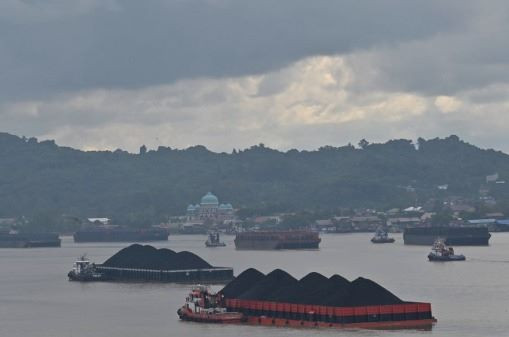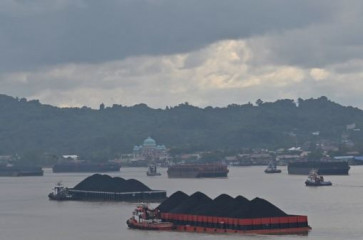Popular Reads
Top Results
Can't find what you're looking for?
View all search resultsPopular Reads
Top Results
Can't find what you're looking for?
View all search resultsConcessions for religious groups may pit them against locals
It is a very risky undertaking to give inexperienced entities like religious organizations privileged access to the extractive industry.
Change text size
Gift Premium Articles
to Anyone
T
hrough Government Regulation No. 25/2024 which amends Government Regulation No. 96/2021 on Mineral and Coal Mining Business Activities (referred to as Regulation No. 25/2024 hereafter), the government has given privileges to organizations, especially religious organizations, regarding mining concessions.
This policy, of course, comes with a caveat. Not only because of the questionable motive of developing a “community-based economy” and the interpretation of this concept by the government, but also because of the unknown ability of these organizations to manage such an industry.
Another concern came into the spotlight when one of the biggest Islamic organizations in the country, Nahdhatul Ulama (NU), expressed its intention to pursue the new privilege. By making the group a new player in the mining sector, there is a potential for them to be pitted against local communities, especially indigenous groups.
This potential issue can be observed from the perspective of business and human rights. According to the United Nations Guiding Principles on Business and Human Rights (UNGPs), businesses should be responsible and held accountable for all their activities, in the entirety of their supply chain, when human rights issues arise.
Business actors shall bear the responsibility to make sure none of their actions violate basic rights, particularly those of the local residents whose lands are affected.
There are at least two fundamental issues that the business actors shall consider in their activities. First, the right to a healthy living environment and the land tenures of indigenous communities that are protected by national and customary laws.
For example, research conducted by Muhammad Aris from Khairun University, Ternate, and Kompas in November 2023 found that nickel exploration and exploitation have caused worsening water quality because of metal contamination in North Maluku. With the locals depending on fisheries for their daily consumption, the pollution has an adverse impact on their food resiliency.



















